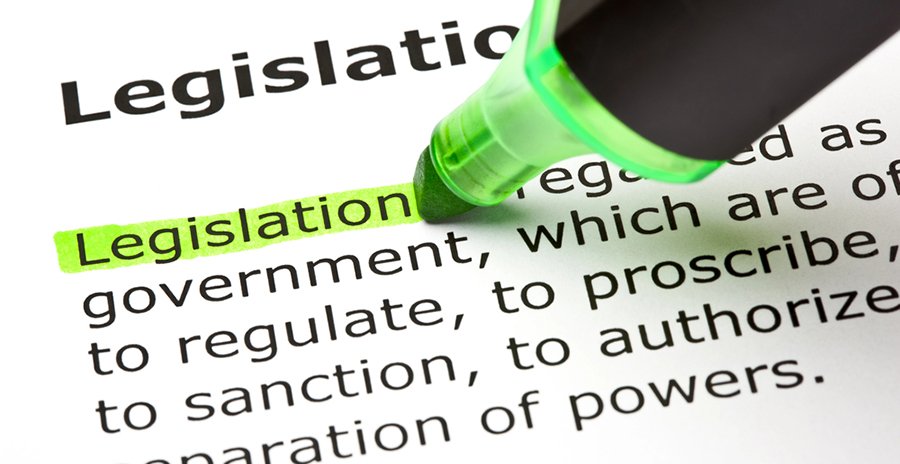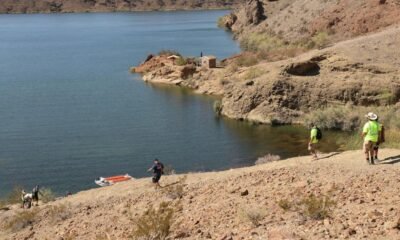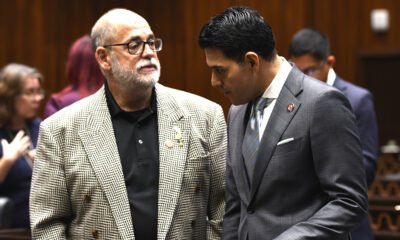Business
Arizona’s Dental Health Crisis: Unveiling the Hidden Costs of HB 2190

Heather Hardy, a registered dental hygienist and former president of the Arizona State Board of Dental Examiners, has raised concerns regarding House Bill 2190, known as the Dental & Dental Hygienist Compact (DDH Compact). The proposed legislation is seen as a potential threat to Arizona’s dental licensure standards and overall patient safety.
The primary goal of HB 2190 is to facilitate cross-state dental practice through an interstate agreement, promoting licensure portability. However, critics argue that this approach could weaken the state’s authority, impose additional tax burdens, and jeopardize the quality of patient care.
The bill proposes the establishment of an unelected commission equipped with quasi-legislative powers over licensing. This commission may permit dental professionals from other states to operate in Arizona without adhering to local requirements. This could lead to situations where dentists with lesser qualifications could enter the Arizona market, potentially undermining patient safety.
The financial repercussions of the DDH Compact may also be significant for Arizona. The legislation allows for the creation of an unelected taxing authority, which could impose annual fees on participating states. Such financial arrangements could lead to substantial costs for Arizona, similar to those projected by other states considering similar compacts. Maine anticipates expenses of $241,496 for fiscal year 2025-26, while Indiana forecasts up to $52,800 in initial costs and ongoing expenses thereafter. These financial burdens could detract from existing state dental programs and limit response capabilities to emerging public health needs.
Moreover, patient safety is at a pivotal risk. The compact does not mandate comprehensive reporting of disciplinary actions across state lines, potentially allowing dental professionals with questionable backgrounds to practice in Arizona. If a dental hygienist with prior misconduct in another state were to acquire compact privileges here, it could pose a significant danger to patient care. Without a formal license, the Arizona dental board’s ability to sanction practitioners is severely limited, restricting its capacity to ensure quality care.
Workforce dynamics could also suffer under HB 2190. The ease of transition to states with looser licensure requirements might tempt seasoned Arizona dentists to relocate, stripping communities of their experienced healthcare providers. For instance, a dentist approaching retirement could find the allure of diminished renewal fees and relaxed continuing education requirements irresistible, resulting in a loss of invaluable expertise.
The issue of local control remains critical as well. Currently, Arizona’s dental board customizes standards that meet the specific needs of its residents. The compact may limit this flexibility, complicating the state’s ability to address unique local challenges.
As legislators deliberate over HB 2190, Hardy implores them to prioritize the health and safety of Arizonans. While the need for improved licensure portability is evident, it should not come at the expense of maintaining rigorous standards for dental practitioners in the state.
She calls for a “No” vote on HB 2190, advocating for collaborative efforts to reform licensure processes while retaining Arizona’s authority to safeguard its residents’ dental health. The integrity of local control in dental professional standards is paramount for the well-being of Arizonans.
Heather Hardy brings 25 years of experience as a dental hygienist, with expertise in pediatric, periodontic, and general practices, coupled with her leadership role on the Arizona State Board of Dental Examiners.


















